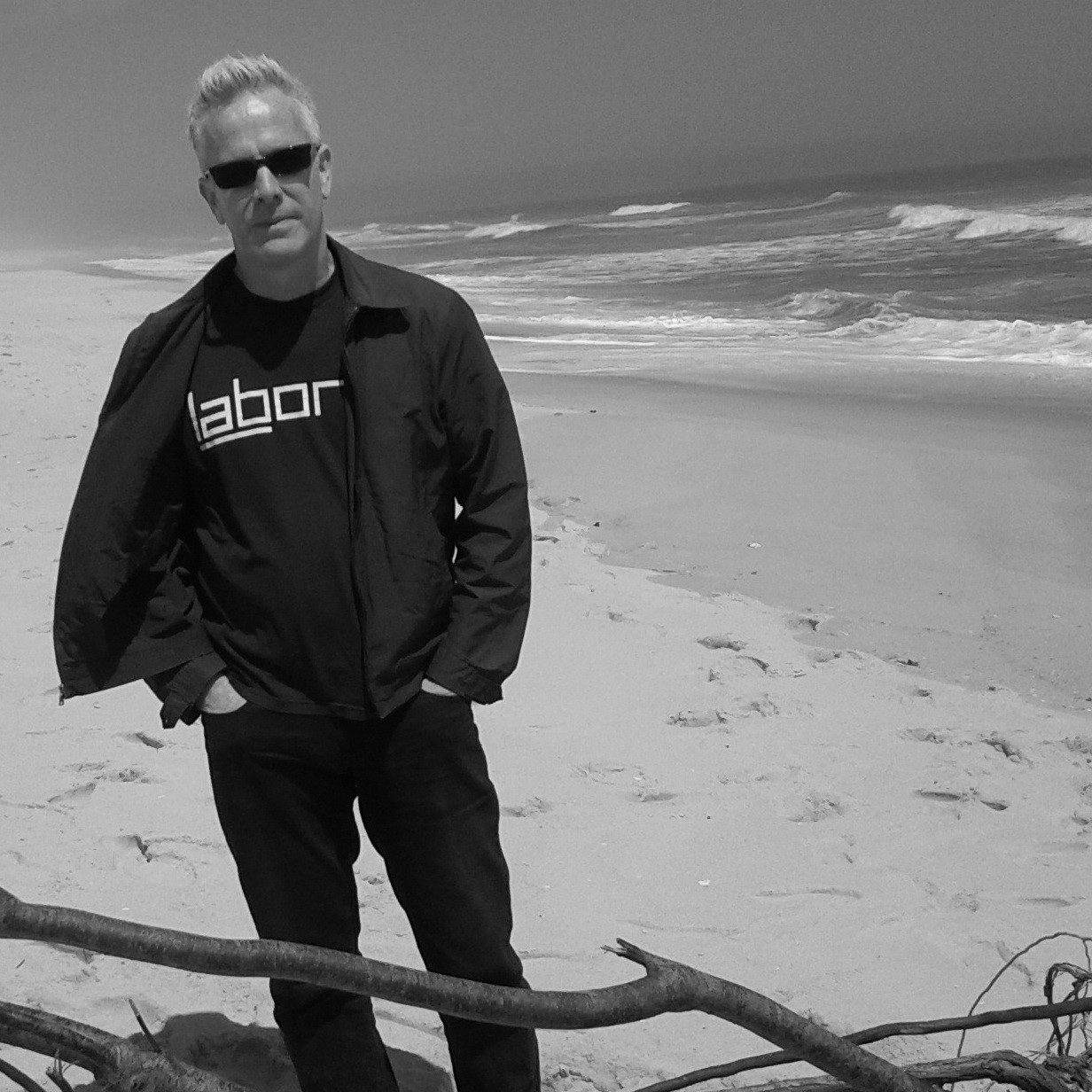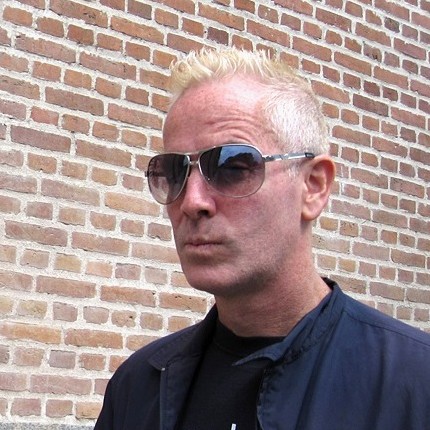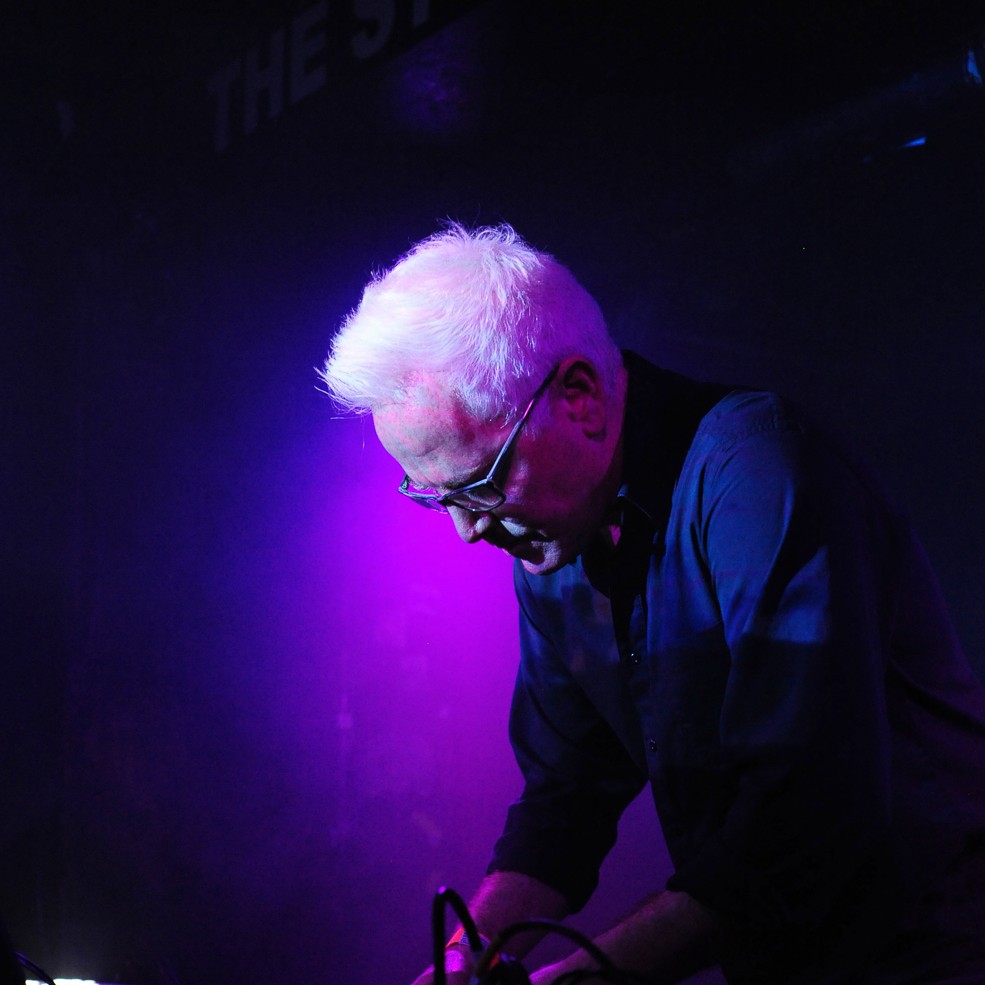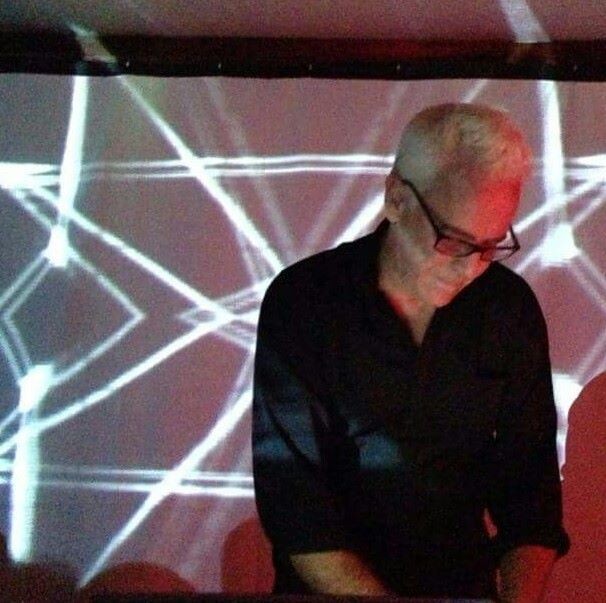We’re excited to introduce you to the always interesting and insightful Chris Burke. We hope you’ll enjoy our conversation with Chris below.
Chris, looking forward to hearing all of your stories today. One of the things we most admire about small businesses is their ability to diverge from the corporate/industry standard. Is there something that you or your brand do that differs from the industry standard? We’d love to hear about it as well as any stories you might have that illustrate how or why this difference matters.
I write, direct and score an audio drama series called Mandible Judy. My background is in scoring for film and video and over the years I have moved around the industry, following whatever offered the most opportunity at any given time. In the 80s and 90s this was music for film and television. In the late 90s I found myself writing music for websites, video games and other interactive media. I have recently had a desire to get back to film scoring and realized I needed a showpiece that was more current than the work I did pre-1998. I couldn’t fund a feature film myself so I decided to develop an audio drama for which I would compose a new, original score.
Mandible Judy and it’s spin-off series, Under Dead Water and Becalmed were the result. Because of the unusual genesis of this audio drama, the score and the sound design are considerably more detailed than a lot of the AD fare one comes across. This means that it’s not for everyone. It requires a little more of the listener when story elements are delivered in sound design and my insistence on not using a narrator has added to the complexities. Nevertheless, we have been very happy with the modest success of our series. We recently passed 50,000 downloads and seem to be on a growth spurt again.
For audio drama, anthology-style series are predominant in the industry. Exploring other AD podcasts, we have found that the more successful ones tend to be anthology style, where listeners don’t need to keep abreast of every new story development each week and can choose episodes to listen to randomly. We’ve considered creating a new anthology style series to satisfy this desire, but we designed Mandible Judy as an experiment to see if we could create something that was closer to a filmic series- one which took advantage of sound design and a rich score and didn’t pander to listeners with tired ‘radio drama’ tropes in order to make it easier to follow. We’re surprised we’ve fared as well as we have, to be honest. Simplicity is usually the game to be played in fictional media. We’re betting there are listeners out there who want something more.


Awesome – so before we get into the rest of our questions, can you briefly introduce yourself to our readers.
As I mentioned, I am a sound designer and composer. I got into audio drama in order to create my own outlet for new compositions and sound design. Being the writer, I can tailor the story to provide opportunities for dramatic musical moments. I’ve teamed up with a co-producer, Clayton Romero, from Novis Opera, and we’ve enlisted a very talented cast of AD actors. Some come from a film background, some from stage and some from video game voice-over.
I am proud of the detail and nuance that we have achieved together as a team, building unique stories and characters. It’s been very creatively fulfilling. There is horror, drama, humor and humanity in our episodes and this is largely due to the exceptional people we’ve been able to involve over the years.
Are there any books, videos or other content that you feel have meaningfully impacted your thinking?
I studied filmmaking and have amassed a library of fantastic books on the subject. My favorite filmmakers all had a tendency to write about the creative process or sanction books about their work. Books on the creative process such as “Notes on Cinematogaphy” by Robert Bresson, autobiographies such as “My Last Sigh” by Luis Buñuel and theory books by artist/writers as diverse as Sergei Eisenstein, Gilles Deleuze and Mackenzie Wark, have all informed my process over the years. When I am creating a characters and casting the role, I try to imagine in them some aspect of a favorite character from film history. It has helped me visualize who the character is as well as helping me communicate it to the actor.


For you, what’s the most rewarding aspect of being a creative?
The reward is, simply put, sanity. I find the world to be a frustrating and often upsetting place. My creative practice has helped me process the more difficult experiences one encounters in life. I think I can honestly say it as been absolutely imperative to me that I continue to create work in whatever media holds my attention best at any given point in my life.
The downside to this is that I tend to move from endeavor to endeavor, despite the fact that I know well that consistency is the key to making a living from art, writing, filmmaking and music. More than once I have seen others who stuck with a specific medium succeed in reaching a larger audience where I perhaps would also have succeeded had I stuck with the medium. But shifting gears and moving from medium to medium has given me an endless ability to engage with the work I create.
Contact Info:
- Website: http://mandiblejudy.com
- Instagram: @mandblejudy
- Facebook: https://www.facebook.com/mandiblejudy
- Twitter: @glomag
- Youtube: youtube.com/glomag
- Other: mandiblejudy.bandcamp.com glomag.bandcamp.com glorifiedmagnified.bandcamp.com


